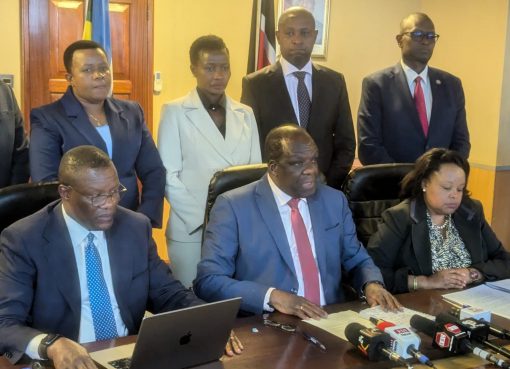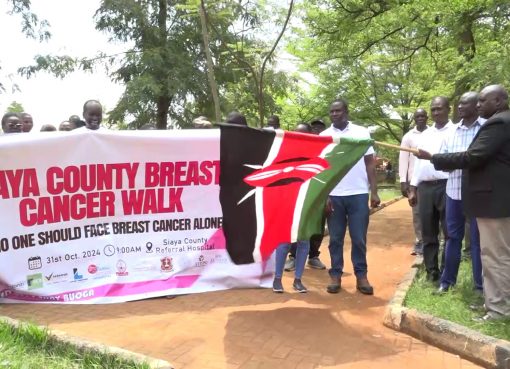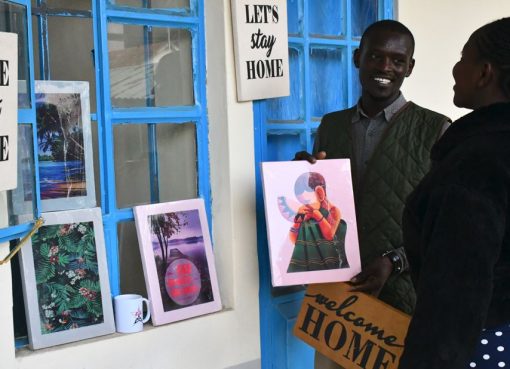The Garissa Governor, Ali Korane and MPs from Garissa have welcomed the World Bank (WB) funded North-Eastern Development Initiative (NEDI), saying it would improve lives and compliment efforts by devolved governments.
The political leaders and other stakeholders met at a Garissa hotel where they deliberated on the finer details of the project whose implementing funds of USD. 100 million the national government has guaranteed the development of 24 marginalized counties across the country.
The NEDI projects were expected to consume Sh.120 billion and would cover Garissa, Lamu, Tana River, Isiolo, Marsabit, Wajir, Mandera, West Pokot and Turkana counties.
The meeting was meant to brief the leaders on the “nitty gritty of the projects, their location and the impact they will have on local communities.”
Some of the projects that run across several counties include the Northern corridor road that traverses Lamu, Garissa Marsabit and Mandera counties.
Other projects touch on construction of modern abattoirs to help market livestock products in several counties, including Garissa, solar energy, construction of markets for agricultural produce, health centres, schools and youth centres, just to mention a few.
The National Assembly Majority Leader, Aden Duale said that the leadership in Garissa County was convinced that the projects would have positive impact on the common people in the region.
“The project will ensure that all residents that are away from the national grid have electricity. It will also mordernise the meat processing unit, so these projects are so important to our lives,” he said.
“We are here so that leaders and local people are involved in these projects. We also want the reduction of a lot of workshops and money meant for the workshops should be channeled to these projects,” he added.
The WB project is also aimed at attracting investments to the region to complement the ongoing government efforts to improve equity as well as reduce extreme poverty.
Present were Garissa Senator, Mohamed Yusuf Haji, MPs Mohamed Hire (Lagdera), Abdikarim Osman (Fafi), Mohamed Dahiye (Dadaab), Sophia Abdinoor (Ijara) and Abdi Shurie (Balambala).
Other leaders in the county protested as to why some of their constituencies were left out on flimsy grounds such as distance and insecurity, saying all Kenyans deserved equal development progression.
Sofia Abdinoor questioned why two wards of Hulugho and Sangailu were left out terming the move as ‘discriminative and has no justification’.
“Who are you leaving these areas for? Are they not part of Kenya? The issue of insecurity is a global issue it shouldn’t be a reason to deny people development,” she said.
The lawmaker said the funds were also loan that every Kenyan would pay, adding that the implementers of World Bank project must rethink their decision to exclude certain areas.
Earlier, the Governor and other leaders held a closed door meeting with regional security team led by Regional Commissioner (RC), Mohamed Birik. The leaders exchanged notes and deliberated ways they could cooperate in improving the security of the county.
In his address, Korane reiterated that his administration bore the brunt of insecurity as efforts to deliver services is often disrupted by incidents of sporadic violence especially along the Somali border.
“Some of our schools and health centres have shut down after the staff ran away for fear of their lives,” Korane said.
He said provision of security was the domain of national government but the County governments should be involved as they were major stakeholders.
By Jacob Songok




